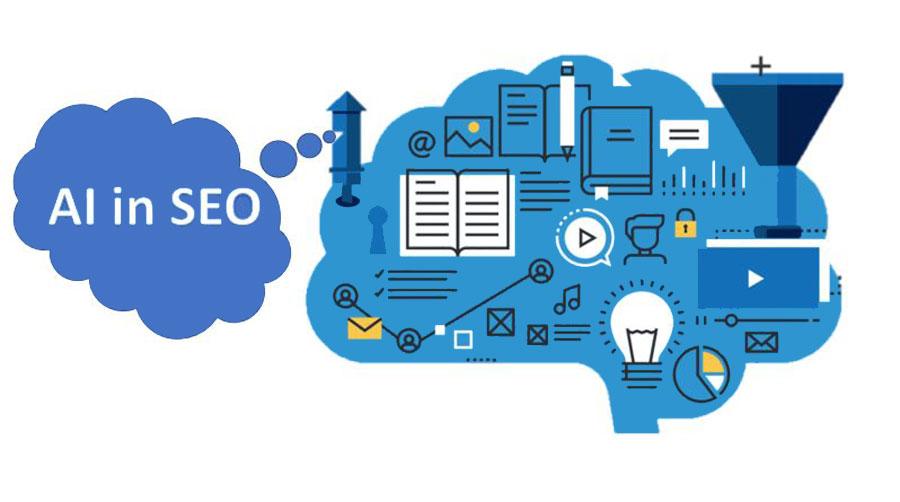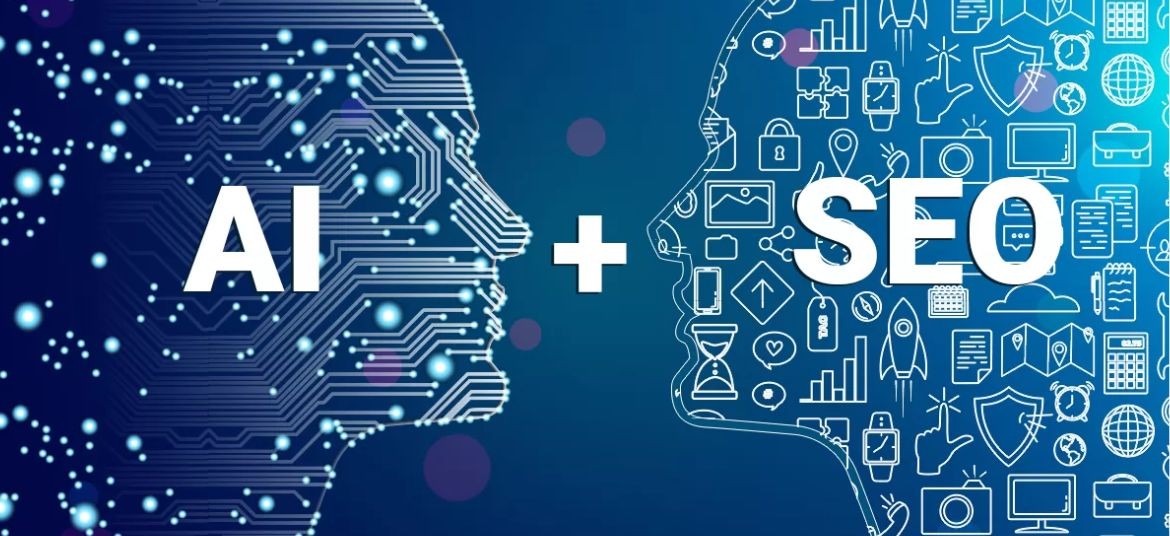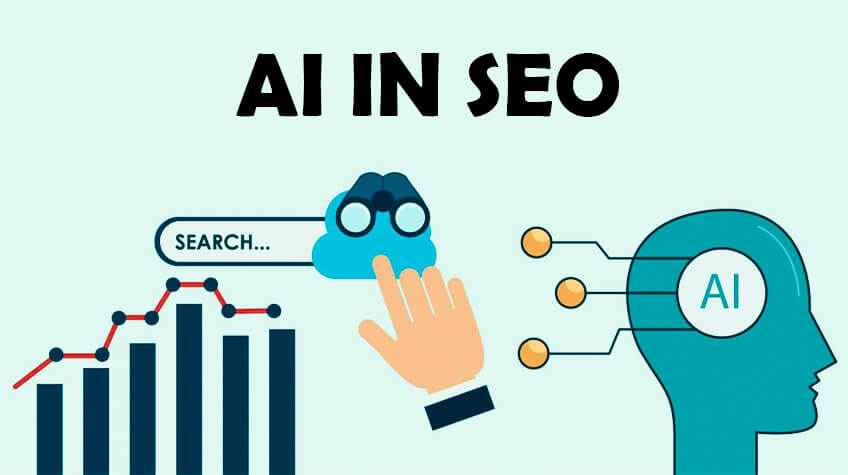Generative Results: Long for high-quality, long-form content.



Artificial intelligence (AI) is transforming online search, and search engines can now offer highly personalized, real-time search results. The developments are a challenge and present new opportunities for enterprise SEO teams, who have to marry AI-based strategies and traditional SEO practices if they are to thrive in 2025.

AI is reshaping enterprise SEO by integrating generative AI into search systems, shifting the focus from keyword matching to understanding user intent and delivering conversational responses. SEO teams must collaborate closely with marketing, creative, and branding departments to ensure cohesive content across digital channels. While Google maintains over 90% market share, emerging platforms like Perplexity and OpenAI’s ChatGPT Search are gaining traction, compelling enterprises to adapt strategies for both established and AI-first platforms.
Conversational, multi-step, and multimodal search behaviors become new business as usual for consumers, switching seamlessly between devices and input modes (voice, text, images). They require context-aware, highly personalized answers, mixing search engines, social media, and AI-driven chatbots. Businesses must access adaptive, intuitive discovery to provide engagement through touchpoints.
AI search is all about context-aware, personalized answers, multimodal interaction, and real-time content understanding. Some of the most critical trends are:
Generative Results: Long for high-quality, long-form content.
Multimodal Search: Adapt to text, image, video, and voice.
Real-Time Analysis: Adapt to timely, approved content.
Businesses also need to keep pace with AI-enabled sites, like social media with native search, to stay top of mind.
With more than 530 million wearables shipped worldwide, consumers are engaging more and more through smart devices such as AR headsets and wearables. SEO best practices need to deliver voice-first and hands-free interaction content, keeping pace with upcoming hardware.
More technology collaborations, such as AI capabilities in cell phones (e.g., Apple AI assistants) and business intermediaries (e.g., Amazon and Anthropic), impact content that is being offered. Companies must be able to keep up with such collaborations so that SEO is lagging behind shifting consumer behavior and platform potential.

Google's AI summaries are short summaries and regular results, leveraging its vast database to provide accurate, locally appropriate answers. It provides a balance between quick insights and access to complete content.
Perplexity provides accurate, source-attributed answers in natural language, and is ideal for research and verification. Its quoted answers make individuals more confident and enable info retrieval.
ChatGPT search combines real-time web information with conversational dialogue to deliver contextual, conversational answers. It is best suited for searchers that require rich descriptions and tailored suggestions.
Schema markup and structured data provide the foundation for AI interpretability, with FAQs, product details, and creator credentials more accessible. Standard formats allow content to be handled by AI engines in the best possible way.
Trust on-line relies upon credible, good-sourced content and several messaging. Credible, open technologies of artificial intelligence such as Authenticated fact supported by set citation.
Updated profiles with credentials, authors.
Natural link-building through industry interaction.
Reputation and reach constructed from institutional influencer partnerships.
Where increasing voice search enters the market, content should return typed as well as voice search terms and merge conversational wordings along with more typical keywords. Example:
Typed: "best Italian restaurants NYC"
Voice: "Where is good Italian food in New York?"
Great images, explanatory images, and brief video clips improve search ranking and user affiliation. Businesses must embrace multimedia to make content more accessible and interactive.
To make things discoverable, caption videos and images with rich information, add descriptive alt text, and position visuals where they can be leveraged to support key messaging. This enables AI systems to index content correctly in support of multimodal search.

Enterprise SEO in 2025 requires alignment between SEO, content, technical, and AI teams with C-suite approval to work together on search and AI initiatives. Priorities are:
Collaboration: Bring marketing, content, and AI together under one roof.
Responsible AI: Establish clear policy on AI application in SEO.
Brand Authority: Authoritative, referenced content everywhere.
Stakeholder Engagement: Educate executives on SEO and AI risk and value.
Success is ongoing monitoring of search activity, swift adaptation to technological development, and focus on long-term growth. Organizations must have their ear to the ground to combat legal and technology innovation, SEO strategies that succeed today and planning for tomorrow.
We're here to help! If you have any questions or would like to discuss
how our SEO and digital marketing services can benefit your business
©Copyright 2024 TML - All rights reserved